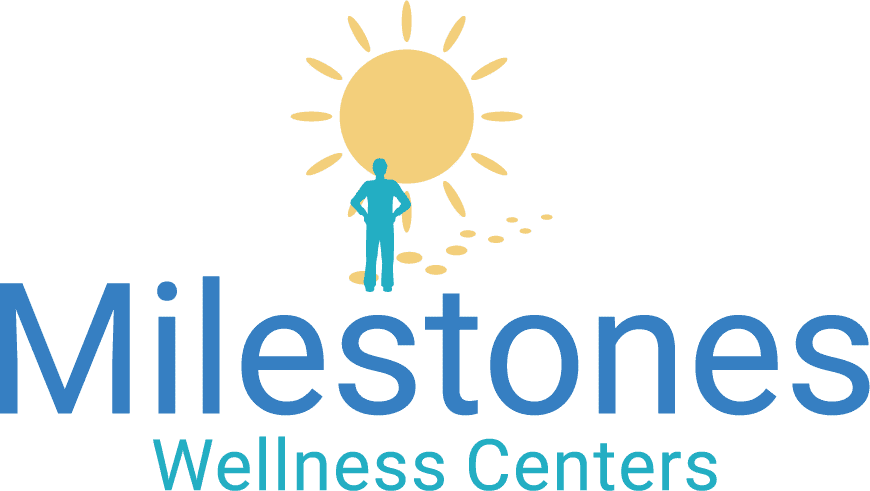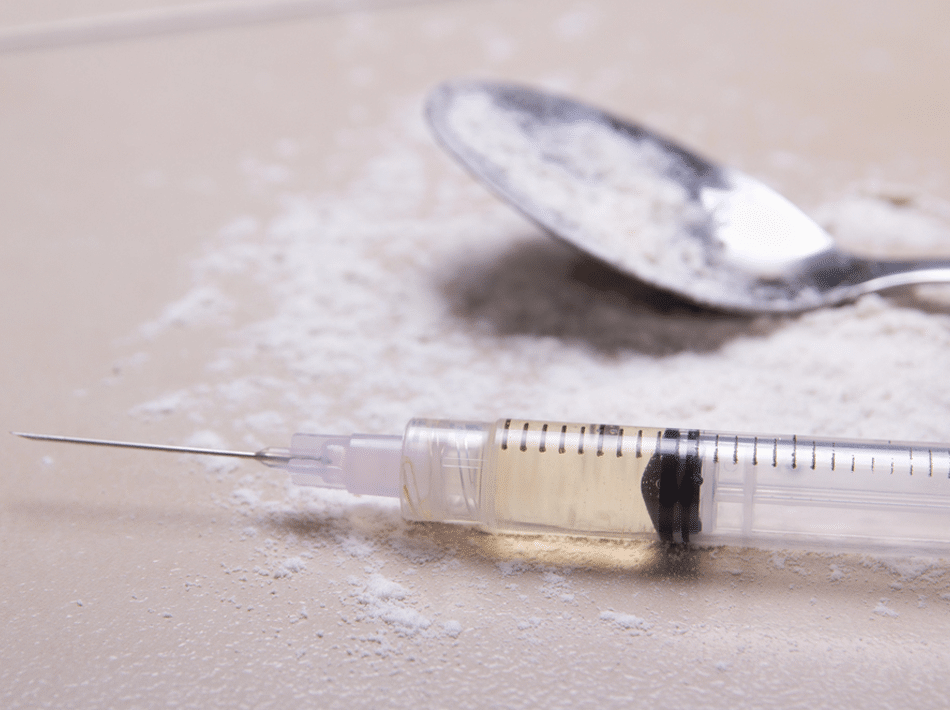Just like a journey that requires you to take several steps to reach your destination, addiction recovery is a process that happens in stages. Looking at recovery as a series of changes, rather than as one giant leap, can make the distance between addiction and a sober lifestyle appear shorter and less scary.
Addiction is associated with a number of complex behaviors, such as the search for stimulation or pleasure and using a substance despite knowing the harm it causes.
Successful treatment leads the individual through a series of positive changes that ultimately lead to recovery. Understanding how people change can help therapists and counselors guide individuals to recovery.
Back in 1983, researchers James Prochaska and Carlo DiClemente described the phases an individual goes through to make a health-related behavioral change.
1. Precontemplation
In the earliest phases of addiction recovery, the individual may not see why their behavior is a problem. They may not have experienced any adverse consequences for their behavior, for example, or they might be in denial. Someone in the precontemplation phase is not interested in hearing about consequences or side effects, and is not yet ready to consider treatment.
People in the precontemplation stage may fit into one of four categories:
- Reluctant precontemplator – lacks awareness of the problem or motivation to change
- Rebellious precontemplator – rejects the mere suggestion recovery because they don’t like being told what to do
- Resigned precontemplator – feeling overwhelmed by addictive behavior, this individual has given up hope of ever changing
- Rationalizing precontemplator – confident that they are in the right, these individuals can always come up with reasons to validate their substance use
2. Contemplation
Contemplation is the step in which someone realizes that they have a problem, but are not yet ready to fully commit to changing their behavior. The individual may be receptive to thinking about the potential consequences and learning about the different treatment options available to them. The contemplation phase may last for years and is no guarantee that the person will move onto the next stage – some revert back to precontemplation.
3. Preparation
During the preparation stage, the individual is committed and ready to change their behavior. They may meet with a substance use professional for an assessment or to determine treatment options.
4. Action
Meaningful behavioral change starts at this phase, which often takes place in a detox or residential treatment center and under the care of clinical and medical professionals. Treatment at this stage focuses on the underlying causes of addiction. Individual and group therapy help individuals gain a better understanding of addiction – and themselves. Treatment also provides the person with healthy and effective strategies to cope with the stress of everyday life, without the use of drugs or alcohol.
5. Maintenance and Relapse
Adapting to a new, substance-free lifestyle takes a lot of time and effort, which occurs throughout the maintenance phase. The longer someone maintains the healthy changes, the less likely they are to revert to their old habits. Substance use disorder is a chronic disease, however, which means that the risk of relapse is always there.
It is important to note that relapse is not a sign of failure or weakness – it is merely a sign that the person needs to continue in treatment to reach their goal of becoming sober again.
6. Termination
Termination is the ultimate goal. At this stage, the individual no longer feels threatened or controlled by the substance. Instead, they feel confident, comfortable, and in control of their lives without the use of substances. Relapse becomes less of a risk every day.
While living a substance-free life may seem unattainable to someone who has an addiction, it is possible to reach this goal by breaking it down into manageable steps. Understanding the six stages of addiction recovery can help someone advance through the steps of recovery with confidence.





